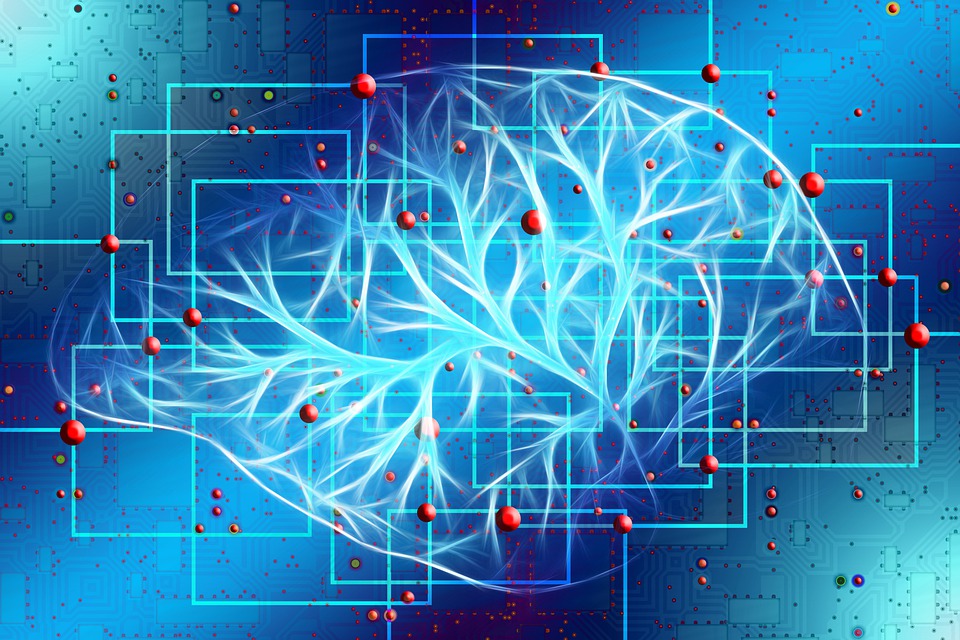Depending on the location and extent of the damage, acquired brain injury treatment can take a variety of forms. Patients may require medication for pain or discomfort. Therapy can also include psychiatric treatment, if necessary. A health care provider can help you determine the best treatment option. If you have suffered a TBI, it is important to seek medical attention as soon as possible.
Recovery from acquired brain injury depends on the extent and location of the damage:
The extent and location of damage to the brain play a major role in the recovery process from acquired brain injury. While most victims of TBI can recover well, others may require months or even years of treatment. The type and severity of the injury also play a role in the recovery process.
Brain injury symptoms often include fatigue, memory loss, and mood disorders. In more severe cases, the patient may have significant deficits in learning, reasoning, or social skills. The recovery process is often inconsistent, with plateaus occurring often and a continuous pattern of improvements and setbacks.
Symptoms of an acquired brain injury:
Acquired brain injury, also called traumatic brain injury, can cause a person to experience an altered state of consciousness. Depending on the severity and location of the injury, the patient may experience a coma or a partial or total loss of consciousness. Other symptoms may include short-term memory loss, altered sleep patterns, and behavioral changes. Some patients may never fully recover from a brain injury.
Psychiatric treatment for acquired brain injury:
Acquired brain injuries are a common cause of mental health disorders. The resulting brain damage often damages the brain’s emotional processing structures, increasing a person’s risk for psychiatric disorders such as anxiety and depression. This can lead to personality changes and mood swings, as well as a host of other symptoms.
The cognitive challenges associated with TBI are common and usually include problems with attention, concentration, memory, learning, problem-solving, and processing speed. A number of emotional and behavioral challenges are also common. These can range from delayed onset of depression to difficulty with anger management and emotional control.
In conclusion, acquired brain injury treatment can be difficult, but with the right resources and care, patients can get back on their feet and live fulfilling lives. With the help of specialists, patients can find the rehabilitation and support they need to recover. If you or someone you know is in need of acquired brain injury treatment, don’t hesitate to reach out for help.










